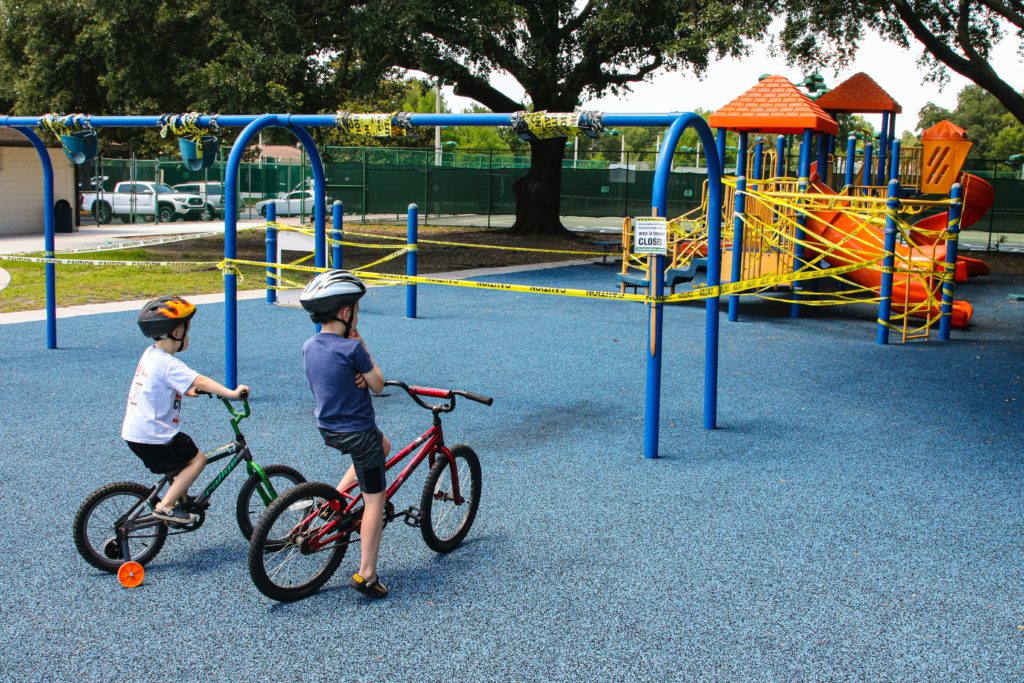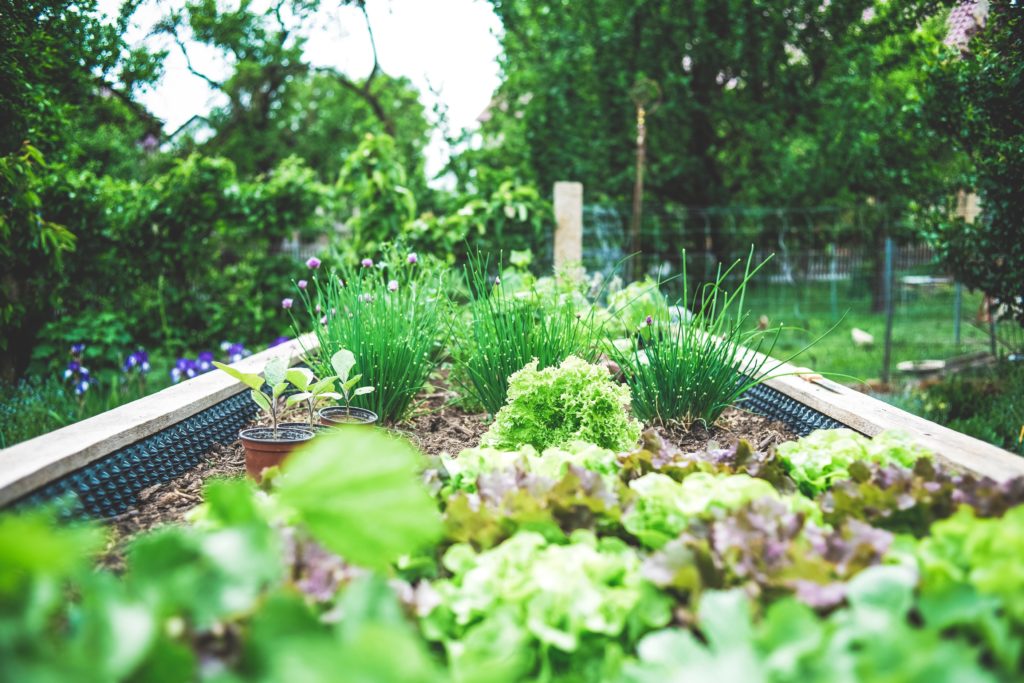
Green spaces are vital for people living in dense cities.
I’m Dr Brenda Lin. I’m an urban ecologist, which means I’m interested in green spaces in the city and how people interact with them. This has all changed significantly since COVID-19.
As researchers, we want to know how much time people are spending in parks and their own yards and gardens. Has the pandemic made you invest in planting and food gardening? When you were confined to your house, did you get to know your yard better? Have you developed a new appreciation for your neighbourhood green spaces?
Understanding the importance of your urban environments will help you protect them. And look after your wellbeing.
Your friendly neighbourhood green space
While there have been restrictions and people have mainly been at home, neighbourhood green spaces have become really important. These spaces are one of the only places people could be outside of the home.
Green spaces are very important. They not only provide space for physical exercise but also have other social and mental health benefits. Exercising in green space can have increased benefits to just exercising in a non-natural environment. For example, having a nice green space to take your morning and afternoon walk can have benefits for destressing or relieving anxiety. And although people weren’t training in groups or socialising in groups, going to parks helped people feel like they were part of the community.
Also, having private green spaces means you can hang out in your own yard and relax. Or you can build neighbourhood cohesion by interacting with others who walk by.
However, neighbourhood green spaces or even private green spaces are often unequal across communities. Neighbourhoods that are more socially advantaged tend to have more green space. Not just public but private green space. This inequality is more noticeable during a pandemic when people are limited to staying near home.

Some green spaces have been blocked off during the pandemic.
Loving your own backyard
Backyards are our most accessible form of nature in cities – considering it’s right outside our homes. And with the amount of time we’ve been spending in our homes and yards, you might have noticed quite a bit about your garden and how it enhances your life.
This is more challenging in dense urban areas where you may not have access to a yard. But hopefully balcony gardens, rooftop gardens, or indoor gardens are providing some alternatives.
One big trend we’ve all heard about is people growing their own food. This has lots of benefits for you to appreciate your own garden. Besides learning about what type of plants work well, you can learn about the birds and bees that help maintain your garden – as well as the pests. You can also learn about the diversity of plants and animals that exist within your own small plot of land.

Have you been developing your green thumb during lockdown?
Importance of green spaces and vegetation
In my work, I look at how vegetation cover is changing across our communities. This means everything from grass on an oval, street trees, to the nearby forest.
With urbanisation and general global environmental change and development, we are seeing a lot of vegetation cut down. We are losing things like parklands and green spaces because there is a lot of competition for space. There are always new roads and buildings, and that is taking space away from green environments in urban areas.
I look at how those changes are occurring over time but also what that means for things like environmental and human health. As you take out trees, cities grow hotter. It changes the way water flows. It changes the biodiversity people see. And worse, your value and knowledge of the environment might decrease.
We’re concerned about these trends because we know visiting these spaces has an impact on your health and wellbeing. We want to make sure there are green spaces available for people to access and enjoy. But we also want you to take advantage of these spaces to improve your own wellbeing.
Cities are constantly changing and making land use decisions that support really good environmental systems will support the communities that live in them.
Have you started gardening or changed the way you’re gardening during COVID-19? Would you like to help us understand these changes? Please complete our short survey and help us with our research.
The survey is available in English, Spanish, German, and Vietnamese.

